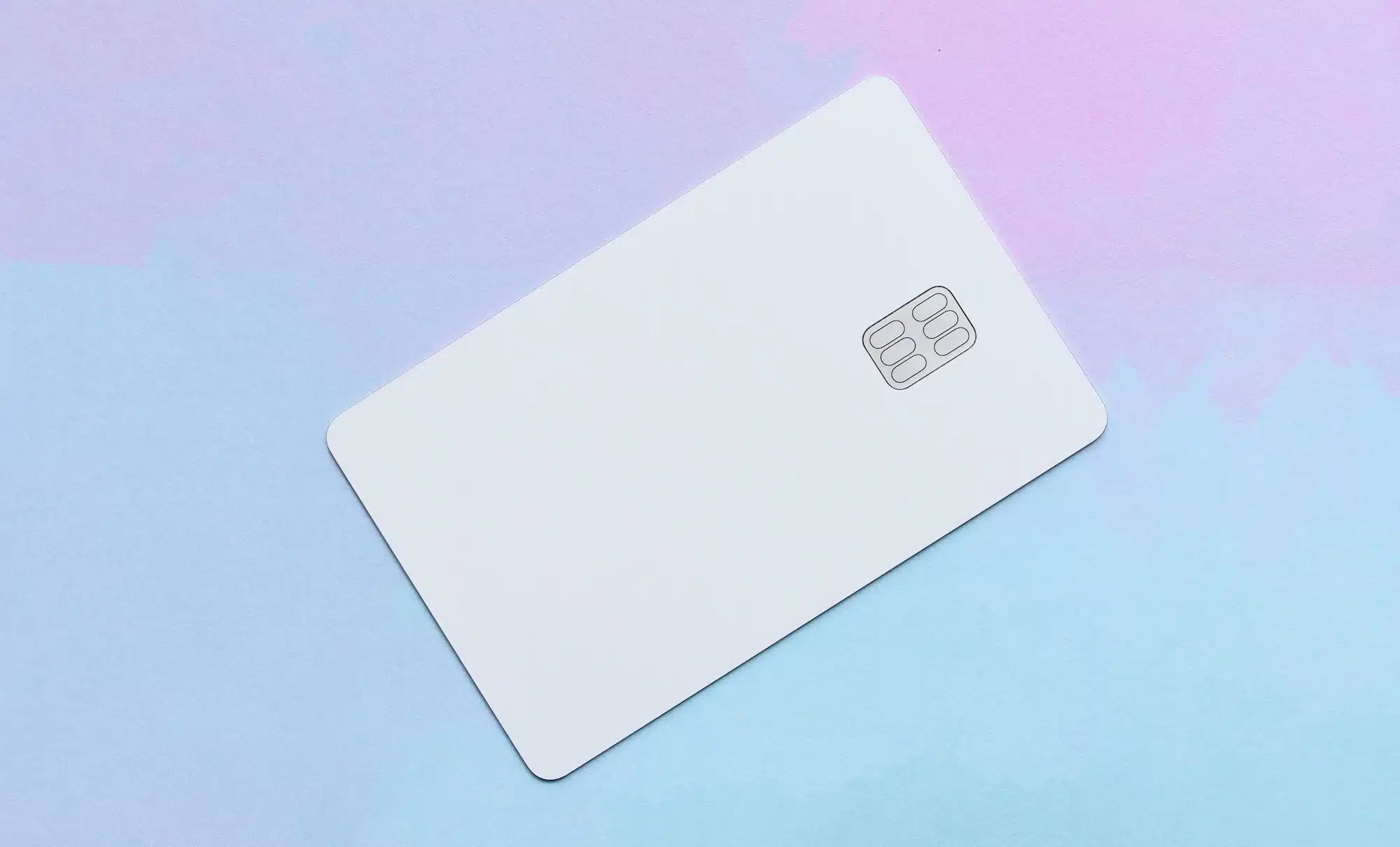
Personal Finance News
CFPB Finalizes Rule to Cap Credit Card Late Fees at $8
The Consumer Financial Protection Bureau (CFPB) has announced that a new rule will soon limit the amount that large credit card issuers will be able to charge for late fees.
About the new rule:
This week, the CFPB announced that it had finalized a rule regarding credit card late fees. Under this rule, issuers that have 1 million or more open accounts will only be able to charge a maximum fee of $8 for late payments. The rule will be effective 60 days after its publication in the Federal Register. When it does take effect, the bureau estimates that it will lead to an average savings of $220 per year for more than 45 million people.
According to the CFPB, the current average late fee is $32. Previously, the 2010 CARD Act put a limit of $25 for the first late payment and $35 for subsequent late payments but included an inflation adjustment mechanism. As a result, these amounts have increased to $30 and $41 respectively. The new CFPB does not currently include any inflation adjustment. Instead, the CFPB will monitor market conditions and states that it will adjust the threshold as needed.
The CFPB states that the $8 limit was decided upon after its data suggestion that this amount would be sufficient for larger card issuers to cover collection costs incurred as a result of late payments. However, the rule does allow for larger card issuers to charge fees above the $8 limit if they can prove that the assessed fee was necessary to cover their actual collection costs.
What they’re saying:
In a statement, CFPB Director Rohit Chopra said, “For over a decade, credit card giants have been exploiting a loophole to harvest billions of dollars in junk fees from American consumers. Today’s rule ends the era of big credit card companies hiding behind the excuse of inflation when they hike fees on borrowers and boost their own bottom lines.”
My thoughts:
Obviously, this is good news for consumers. While we all know that paying your bill on time is always best practice, things happen. Thus, it’s great that these issues will have less of a financial impact. By the way, if you do ever accidentally make a late payment, consider contacting your card issuer and asking for a one-time forgiveness (it worked for me).
With that out of the way, I have to say that I find the CFPB’s use of the word “loophole” to be a bit confusing in this case as the previous rule explicitly set limits — just higher ones. I guess the argument is that the late fee cap kept rising even though digital processing made the cost of taking payments lower, but I’m still not sure that’s a loophole.
Speaking of loopholes, though, the CFPB does acknowledge that the new rule doesn’t prevent banks from raising interest rates. On that note, when you do make a late payment, you will also need to pay interest on the previous statement (even if you end up clearing the balance when you do make your payment). So, while this will hopefully provide welcome relief for some consumers, late payments and carrying a balance will continue to be expensive mistakes.








